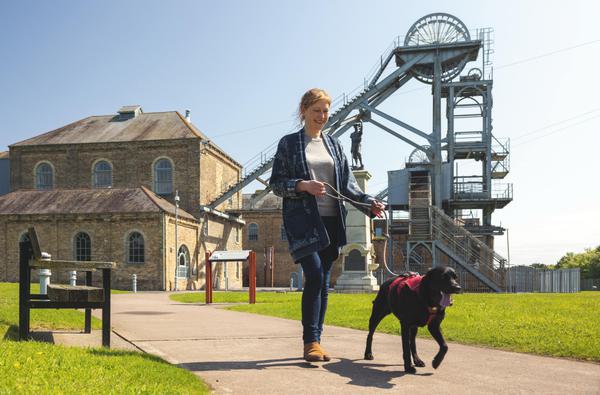The first-ever Destination Development Partnership pilot in England.
We have received £2.25m from national government to grow the visitor economy and help develop our regional eco-system.
It provides the opportunity to raise the profile of the visitor economy which is the fourth biggest employer in the region. This means additional support for existing businesses in a particularly challenging economic period and will create a business case for further investment in the visitor economy regionally.
The region will act as a potential blueprint for the rest of England and help shape the future landscape of tourism organisations, delivering local economic growth through the visitor economy across all seven local authority areas.
So, what is a Destination Development Partnership Pilot?
A Destination Development Partnership is led by a Local Visitor Economy Partnership (LVEP), on behalf of a wider region and other LVEPs to create a programme of activity funded by the Department for Culture, Media and Sport and managed by VisitEngland to deliver the government’s ambitions for the sector at a regional level. These ambitions are currently outlined in the Tourism Recovery Plan and include sustainability, accessibility, product development, skills and business events. Funding cannot be used for marketing campaigns or activity. The £2.25 million is to be spent by March 2025.
The pilot is aligned to the key objectives outlined in the Tourism Recovery Plan, that sets out the role that the UK government will play in assisting and accelerating the tourism sector's recovery from COVID-19.

Outcomes of the pilot
- To unlock the potential in the North East visitor economy delivering 6% growth per annum for the period of the DDP and a 10-year target of doubling the size of the visitor economy.
- To create a pilot that disseminates best practice and learning on overcoming fragmentation and creates a co-ordinating framework for the regional visitor economy that is easily replicated by other LVEPs.
- To ensure that through work with VisitEngland and DCMS we can demonstrate clear evidence of the success of this proposed model to support future funding considerations.
- If the pilot is successful, the government will look to roll the partnership model out to other regions across England.
Why was North East England chosen?
Government chose the North East as the pilot region based on the following criteria:
- A landscape that lacked structures and has gaps in coverage
- A geographic offering of coastal, urban and natural environments
- Ability to be able to demonstrate a growing business and events offer
- Ability to demonstrate strong potential to support Levelling Up, through alignment with existing or planned Devolution Deals
- Ability to demonstrate partnership working across the public and private sector
- Evidence of visitor economy growth potential, this includes opportunities for improvement in tourism products such as attractions and transport links
- Ability to demonstrate product development opportunities
- Ability to demonstrate potential to grow visitor numbers and spend
